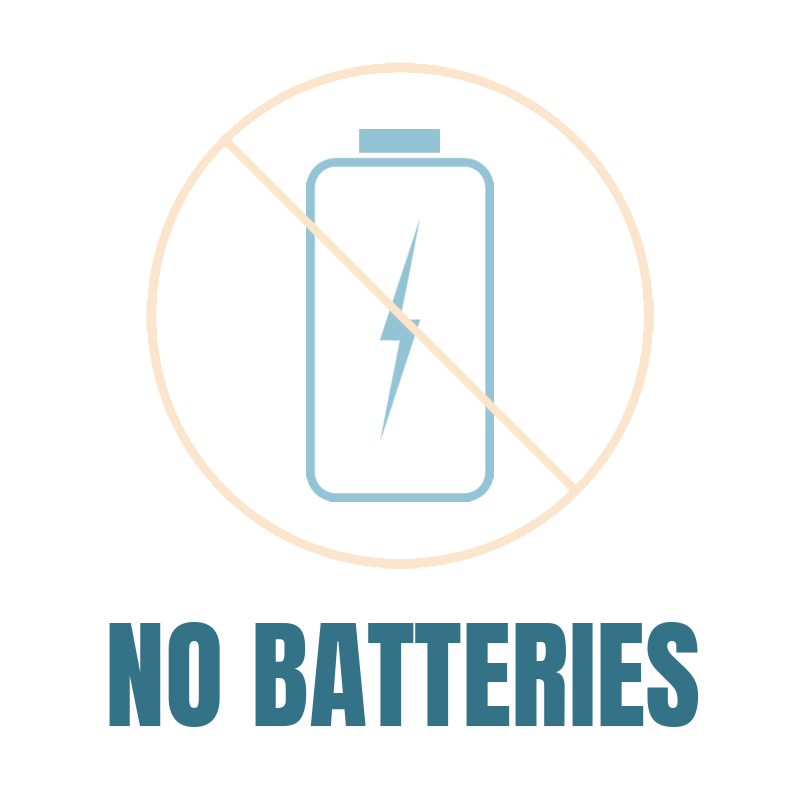AWARD WINNING
FALL DETECTION
NO WEARABLES. NO BUTTONS. NO CAMERAS.

AWARD WINNING
FALL DETECTION
NO WEARABLES. NO BUTTONS. NO CAMERAS.
Studies¹ have shown that the inability to get up off on the floor after a fall is strongly associated with age, mobility and cognitive impairment. The same study showed that while Personal Emergency Response Systems (PERS) were widely available, they were not used in most cases. This translated to a lengthier time on the floor which is strongly associated with serious injuries, admission to hospital and long-term effects.
LiviusCare assists organisations in showing a systematic, ongoing effort to improve the quality of care and services provided by detecting falls early and responding in a timely manner to reduce the risk of serious injuries.
1: Jane Fleming, Carol Brayne, Cambridge City over-75s Cohort (CC75C), “Inability to get up after falling, subsequent time on floor, and summoning help: prospective cohort study in people over 90” 2008
Using the latest in radio frequency technology the device is able to detect falls passively 24/7 and alerts carers by SMS and voice calls even if the person is unconscious or unable to call for help.
Additionally, be alerted when a room or bed is occupied or vacant.




In a recent study¹ conducted on older Australians with Personal Emergency Response Systems, almost all of them (98%) that had not worn their PERS said they forgot or did not need it.
The fall detection sensor is mounted on the wall or ceiling and powered by mains. There is no need to remember to wear devices or charge them again, giving you peace of mind.
With no cameras being used, your privacy and dignity is maintained making the system ideally suitable for bedrooms and bathrooms.
Apart from sending alerts when a fall is detected, the system can is able to detect if the bed is in use and if the room is occupied or vacant. This allows cares to be notified if a resident has left the bed to go to the bathroom or if they have left the room altogether.
This allows discrete monitoring of resident safety without the need to open doors or wake sleeping residents while doing rounds. Carers have the information available that allows them to make a judgement on situations to see if intervention is required to potentially prevent incidents from occurring.
The system provides continuous fall monitoring and will alert carers or loved ones by SMS and optional voice call to allow two way communication with the device. Ensure timely intervention to prevent long lie times even when a person is unresponsive or unable to call for help.
These fall detection devices use Vayyar Imaging’s advanced 4D radar technology to provide unprecedented levels of accuracy when detecting falls, eliminating the need for any buttons, wearables, pendants or cameras. This has been recognised by the number of awards Vayyar has won.







Like WiFi, the device sends out signals that scan the environment, using harmless radio waves weaker than a mobile phone. These signals are then processed and used to identify when a fall happens.
Requiring only a power point and WiFi, the device is easily installed in each room. With most falls occurring in bedrooms and bathroom, a device in each room will provide 24/7 monitoring for peace of mind.
www.choice.com.au

Suite 1.1, Level 9
189 O’Riordan Street
Mascot NSW 2020, Australia
T: (02) 9588 8012
E: info@livius.com.au
In this final release, we present insights into falls, the use of personal emergency response systems, safety and freedom of movement of older Australians. If you missed our previous releases, you can find part 1 here and part 2 here.
In this week’s article, we present the findings on the quality of life for older Australians, covering their care needs, medical conditions, physical activity and primary concerns. If you missed part 1 of our findings, you can find it here.
Livius worked with Ben Sullivan, Director of Insights (Potentiate), Dr Chin Liang Beh (School of Health Sciences, College of Health and Medicine, University of Tasmania), and TEG Insights to examine a range of issues around the lives and care of older Australians.
Livius and Vayyar Imaging today announce that they have entered a business relationship to introduce the award winning Vayyar Home fall detection solution into Australia’s Aged Care and Retirement market. Vayyar Home uses advanced 4D radar imaging technology to provide unprecedented levels of accuracy when detecting falls, eliminating the need for any buttons, wearables, pendants or cameras.